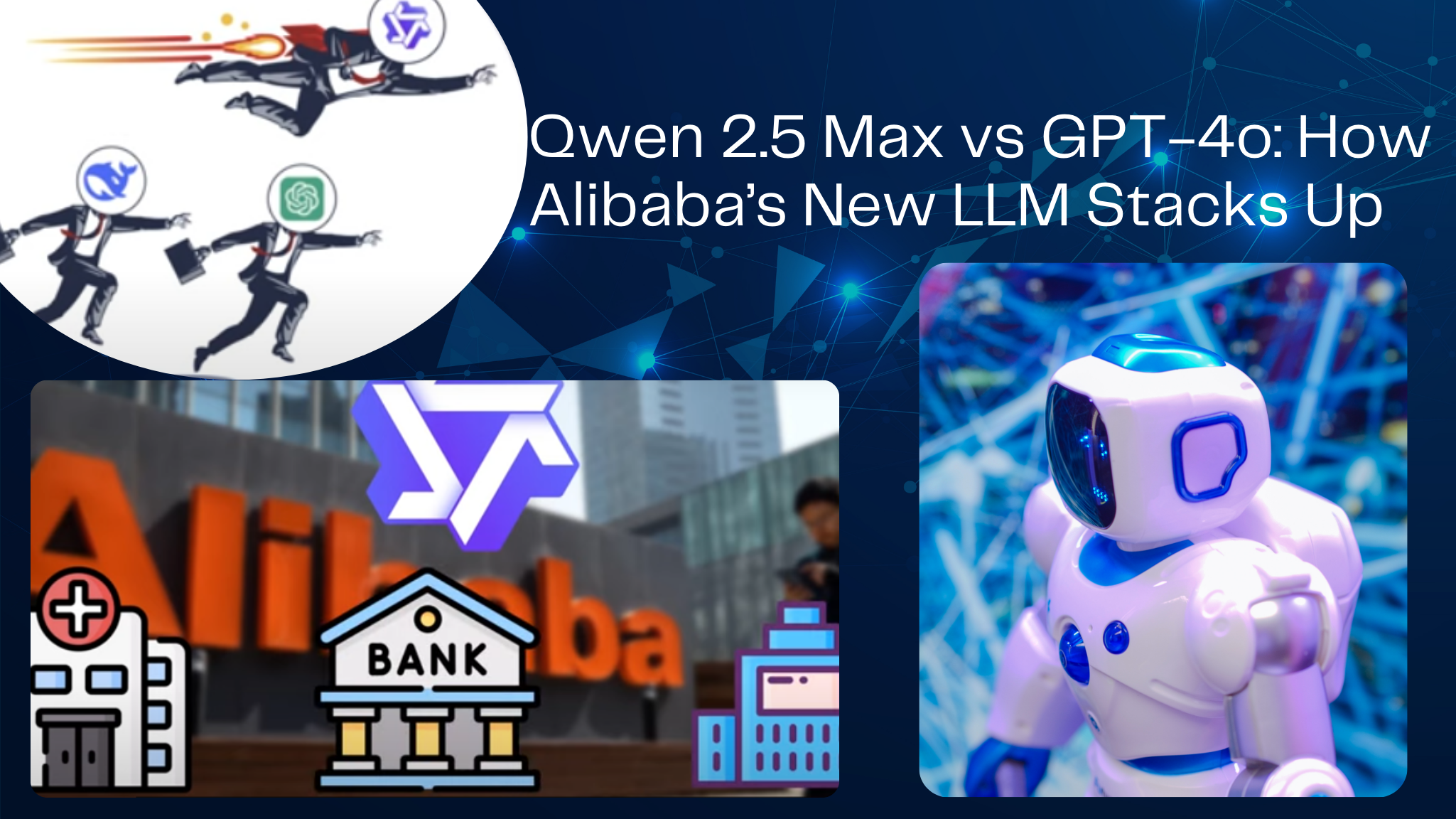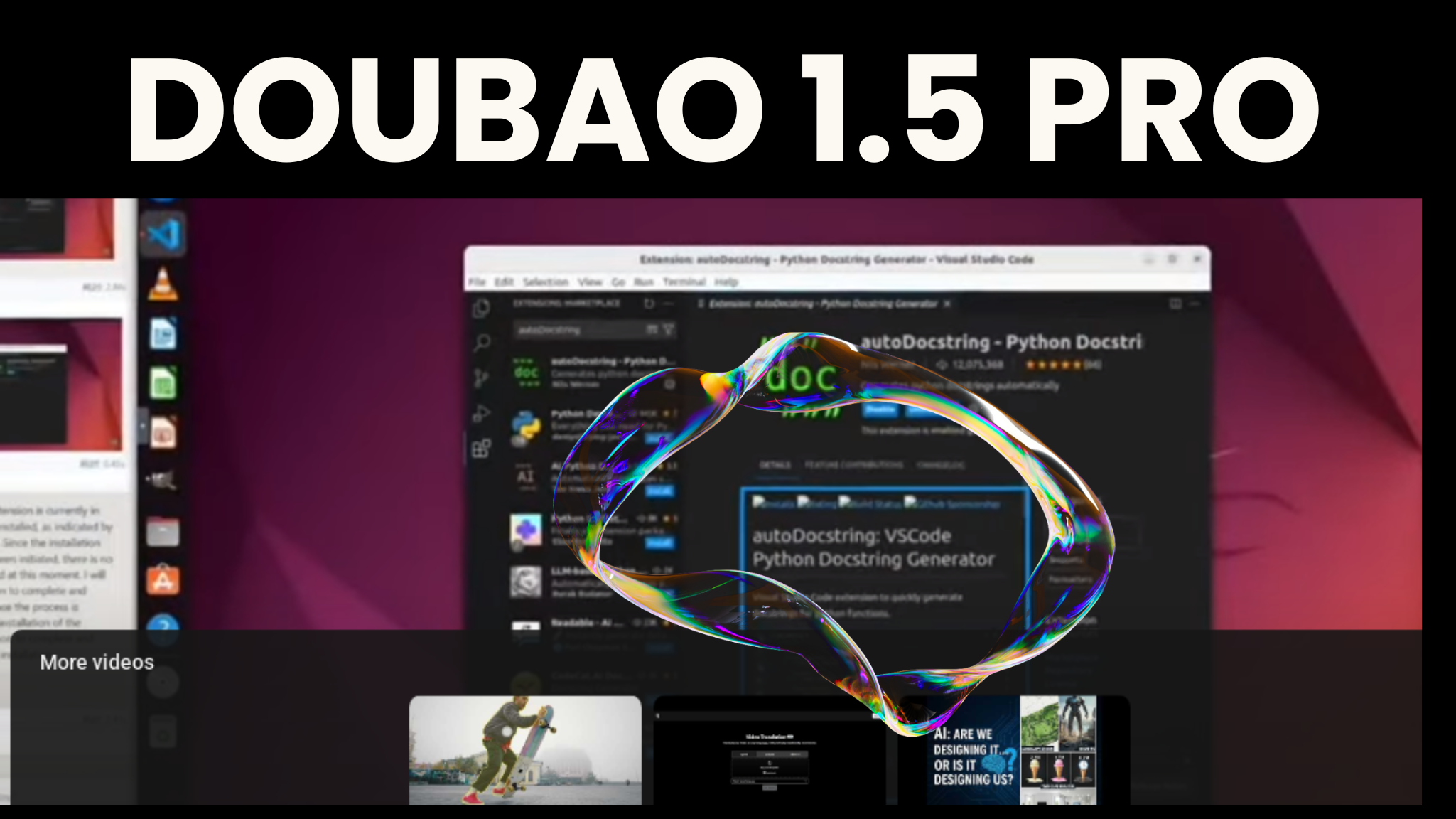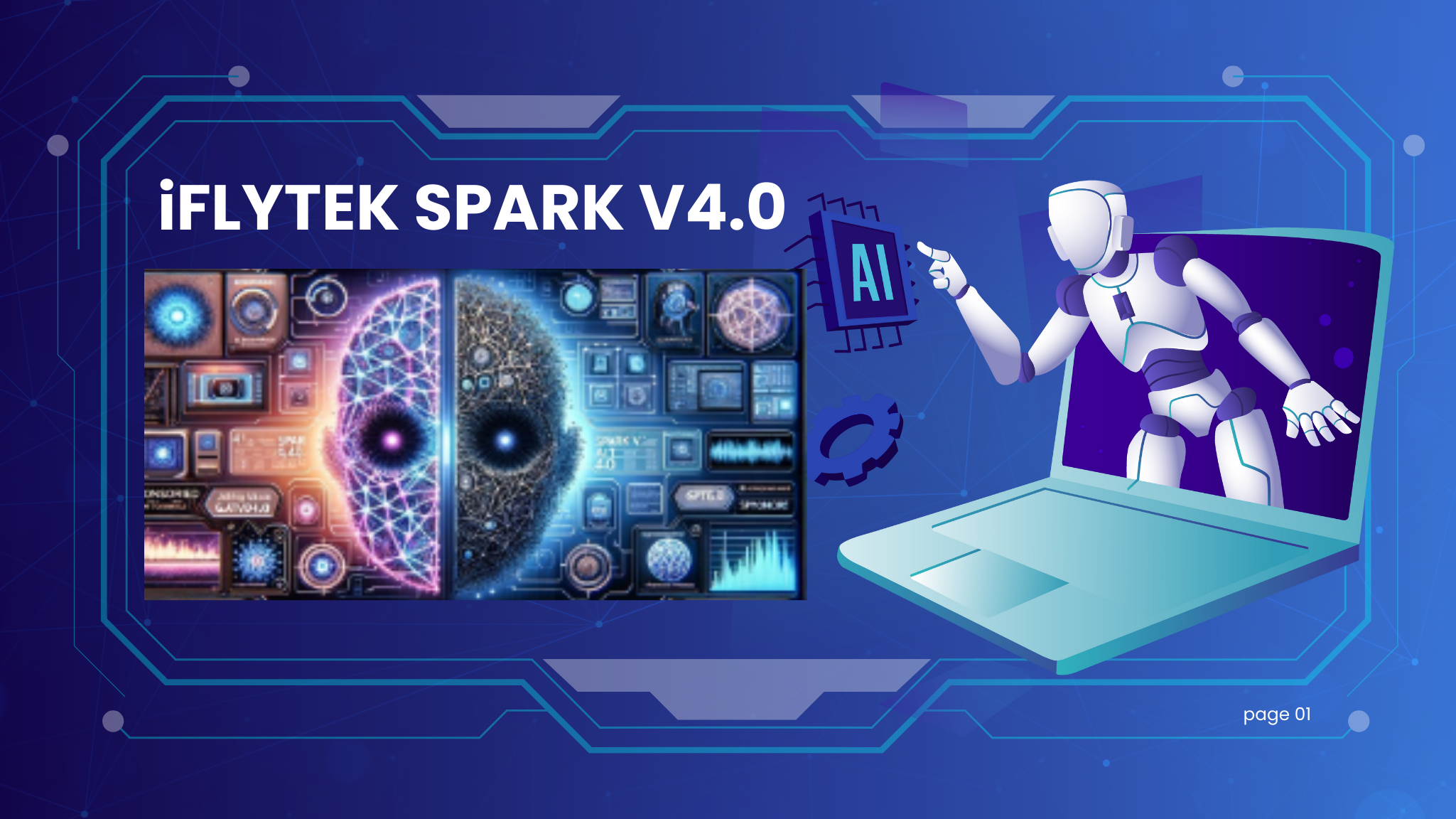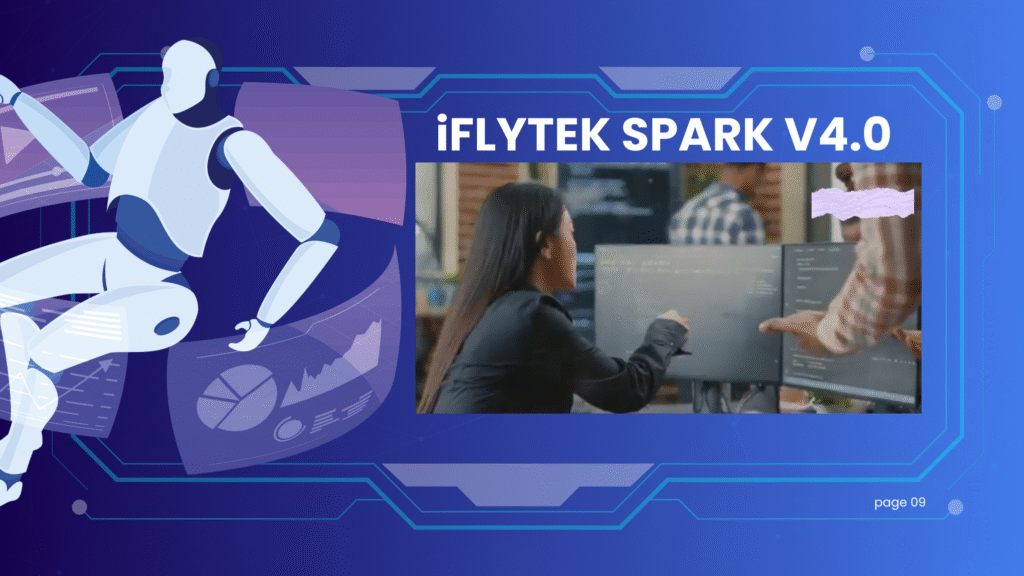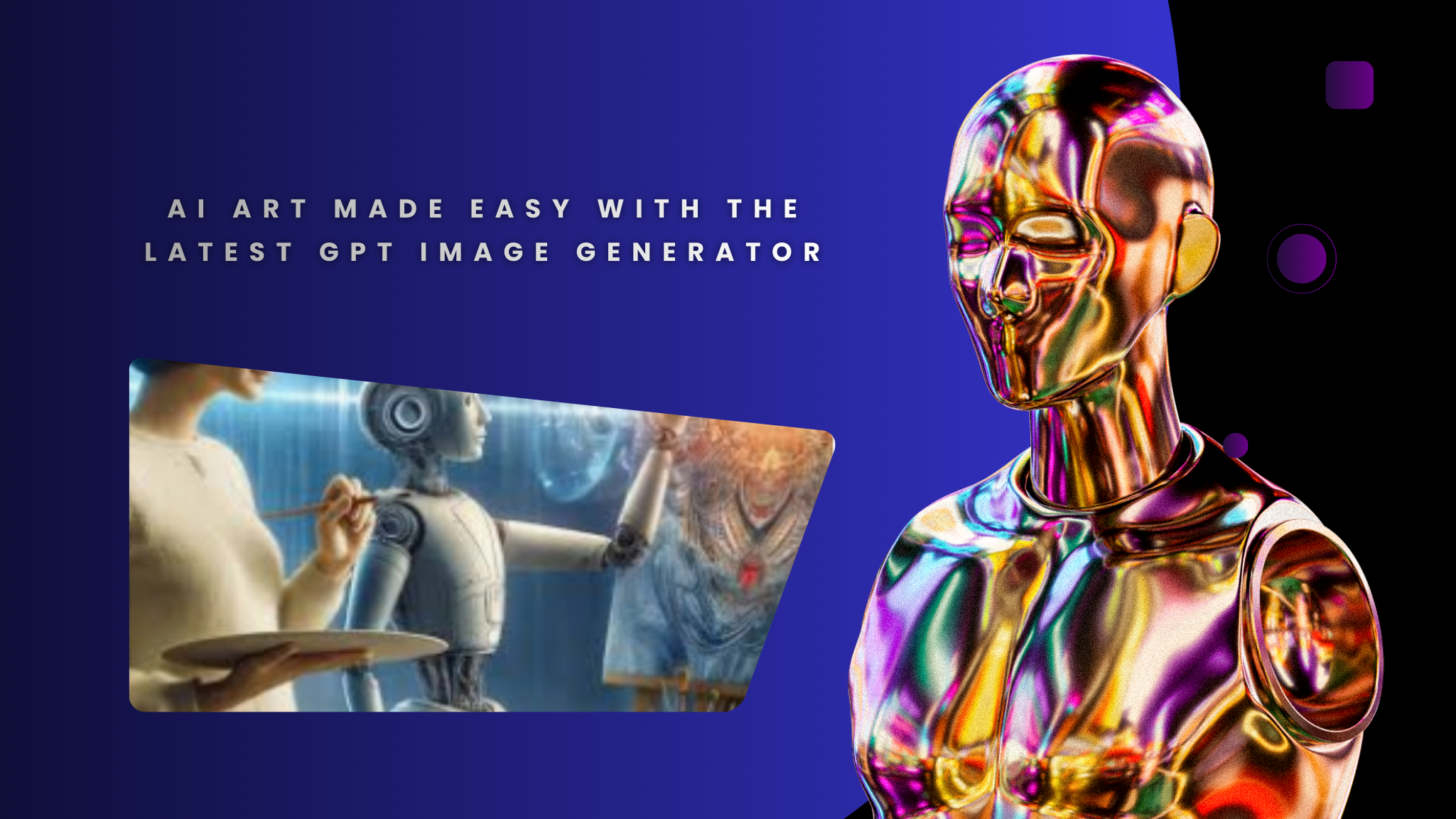Tencent’s open-source AI strategy comes into focus as Hunyuan T1 emerges as a hybrid, reasoning-driven language model designed for enterprise-grade performance, efficient scalability, and real-world conversational intelligence.
Tencent’s evolution from a consumer internet giant into a serious global force in artificial intelligence has reached a new milestone with the rise of its open-source AI ecosystem. Best known internationally for its dominance in gaming and for operating WeChat, one of the world’s most widely used messaging platforms, Tencent has steadily expanded its AI research footprint. That effort is now materializing in the form of advanced large language models that are increasingly competitive with offerings from leading Western AI labs.
Among these developments, the Tencent Hunyuan T1 AI model has emerged as a significant step forward, reflecting both technical ambition and strategic intent. Built on the foundation of Tencent’s Hunyuan-Large architecture, the model demonstrates how open-source innovation, hybrid system design, and enterprise-oriented optimization can coexist within a single AI framework.
Tencent’s Strategic Shift Toward Open-Source AI
For years, Tencent’s AI research largely operated behind the scenes, supporting internal products such as recommendation systems, gaming NPC behavior, advertising optimization, and conversational interfaces within WeChat. However, the global surge in generative AI adoption has reshaped expectations. Enterprises, developers, and governments now look beyond closed systems, demanding transparency, adaptability, and collaborative innovation.
Tencent’s response has been to embrace an open-source strategy that mirrors, and in some cases challenges, the approaches taken by organizations such as Meta and OpenAI. By releasing its models on developer-friendly platforms like HuggingFace and GitHub, Tencent has positioned itself as an active participant in the global AI research community rather than a purely domestic technology provider.
This move is not simply symbolic. Open-source availability enables researchers to test, fine-tune, and deploy Tencent’s models across diverse environments, accelerating real-world adoption and encouraging independent evaluation. In doing so, Tencent gains feedback at scale while strengthening its credibility in international AI discourse.
The Foundation: Hunyuan-Large and Its Architecture
At the core of Tencent’s latest AI efforts lies Hunyuan-Large, a large-scale language model released in late 2024. With a total of 389 billion parameters and 52 billion activated during inference, the model belongs firmly in the class of frontier-scale AI systems. However, raw parameter count is only part of the story.
Tencent became the first organization in the industry to announce the adoption of a hybrid architecture combining elements of the Mamba sequence modeling framework with Google’s Transformer architecture. This design reflects a growing recognition that Transformers, while powerful, are not always optimal for long-context processing or efficiency-sensitive deployments.
By integrating Mamba-style state space models, Tencent aimed to address known limitations related to memory usage, inference latency, and scalability. The result is an architecture that balances expressive language understanding with improved computational efficiency, making it more suitable for enterprise applications that require reliability and cost control.
Introducing Hunyuan T1: A Reasoning-Centered AI Model
Built on the Hunyuan-Large foundation, Hunyuan T1 represents a refinement focused on reasoning, contextual coherence, and interactive intelligence. Rather than positioning the model solely as a general-purpose chatbot, Tencent has emphasized its ability to perform structured reasoning, maintain long-form conversations, and adapt to user intent across repeated interactions.
One of the defining characteristics of Hunyuan T1 is its integration into Tencent’s chatbot ecosystem, particularly within Yuanbao, the company’s AI-powered conversational assistant. This integration allows the model to benefit from continuous user engagement, enabling real-time learning and iterative improvement.
Unlike static language models that rely exclusively on pretraining data, Hunyuan T1 is designed to evolve through live-user feedback. This approach aligns with Tencent’s broader AI service framework, which prioritizes adaptability across social, enterprise, and entertainment use cases.
Conversational Intelligence and Context Persistence
Modern conversational AI is no longer judged solely on its ability to answer isolated questions. Users expect continuity, personalization, and contextual awareness that mirrors human dialogue. Tencent has addressed this expectation by equipping Hunyuan T1 with persistent context handling across sessions.
Through interactive feedback training, the model can maintain coherent long-form conversations across a wide range of topics, from technical discussions to casual dialogue. Context persistence allows the system to reference prior interactions, enabling more accurate follow-ups and reducing repetitive or irrelevant responses.
This capability is particularly valuable for enterprise deployments, where conversational AI is often used in customer support, internal knowledge management, and workflow automation. By remembering user preferences and conversation history, Hunyuan T1 enhances efficiency while improving the overall user experience.
Competitive Reasoning Performance with Reduced Resource Demands
One of the most notable aspects of Hunyuan T1 is its ability to deliver competitive reasoning performance without excessive computational overhead. Tencent has emphasized efficiency as a core design principle, recognizing that enterprise adoption depends not only on accuracy but also on cost-effectiveness.
The model’s reasoning capabilities have been validated through established benchmarks, including AIME, MMLU Pro, and C-Eval. Consistent scores across these evaluations indicate strong performance in mathematical reasoning, language understanding, and domain-specific knowledge assessment.
These results position Hunyuan T1 as a viable general-purpose reasoning model capable of supporting real-world decision-making tasks. For organizations seeking AI solutions that balance performance with scalability, this combination represents a compelling value proposition.
Reinforcement Learning at Scale
To further refine reasoning depth and alignment with human intent, Tencent has applied large-scale reinforcement learning from human feedback to Hunyuan T1. This methodology, commonly referred to as RLHF, has become a cornerstone of modern AI development, enabling models to produce more relevant, safe, and contextually appropriate responses.
Tencent’s implementation draws inspiration from strategies used in models such as DeepSeek-R1 and OpenAI’s o1, but with important distinctions. Rather than optimizing for abstract benchmark performance alone, Hunyuan T1’s reinforcement learning process is tailored to Tencent’s core use cases, including social interaction, enterprise productivity, and digital entertainment.
By aligning the model’s outputs with real user expectations, Tencent aims to ensure that Hunyuan T1 remains practical and engaging across diverse deployment scenarios.
Open-Source Availability and Developer Adoption
The release of Hunyuan T1 on platforms such as HuggingFace and GitHub reflects Tencent’s commitment to accessibility and transparency. Developers can explore the model’s architecture, experiment with fine-tuning, and integrate it into custom applications without restrictive licensing barriers.
This openness encourages experimentation across industries, from education and research to fintech and healthcare. It also allows independent researchers to evaluate performance claims, contributing to a more rigorous and collaborative AI ecosystem.
For Tencent, open-source distribution serves a dual purpose. It accelerates adoption while providing valuable insights into how the model performs in real-world environments beyond the company’s internal use cases.
Comparison with Meta’s Llama 3.1
Tencent’s growing presence in open-source AI inevitably invites comparison with established models such as Meta’s Llama 3.1. While Llama has gained widespread recognition for its flexibility and performance, Tencent’s models have demonstrated competitive advantages across multiple dimensions.
Reports indicate that Tencent’s open-source AI offerings outperform Llama 3.1 across several factors, including reasoning efficiency, conversational coherence, and enterprise readiness. These comparisons highlight the increasing diversity of high-quality open-source language models available to developers worldwide.
Rather than framing this as a zero-sum competition, Tencent’s progress underscores a broader trend toward decentralized innovation in AI, where multiple organizations contribute complementary approaches to model design and deployment.
Enterprise-Grade Intelligence as a Core Focus
A defining theme of Tencent’s AI strategy is its emphasis on enterprise-grade intelligence. While consumer-facing chatbots often prioritize entertainment and novelty, enterprise AI must meet stricter standards for reliability, security, and interpretability.
Hunyuan T1 has been optimized with these requirements in mind. Its hybrid architecture supports efficient scaling, while reinforcement learning ensures alignment with organizational goals and policies. The model’s ability to handle long-context reasoning makes it suitable for complex workflows, such as document analysis, strategic planning, and compliance monitoring.
By addressing enterprise needs directly, Tencent differentiates its AI offerings from models designed primarily for casual or experimental use.
Continuous Improvement Through Live-User Feedback
One of the most innovative aspects of Hunyuan T1 is its capacity for continuous improvement through live-user feedback. Integrated into Tencent’s AI service framework, the model learns from real interactions across a broad spectrum of applications.
This feedback loop enables Tencent to identify weaknesses, refine responses, and adapt to emerging user expectations. Over time, the model evolves in ways that static training datasets cannot fully anticipate.
Such adaptability is particularly important in dynamic domains where language usage, regulatory requirements, and user preferences change rapidly. By embedding continuous learning into its AI infrastructure, Tencent positions Hunyuan T1 as a living system rather than a fixed product.
Implications for the Global AI Landscape
Tencent’s advances in open-source AI reflect a broader shift in the global AI landscape. Innovation is no longer confined to a small group of Western labs; instead, it is becoming increasingly distributed across regions and organizations.
The emergence of models like Hunyuan T1 demonstrates that large-scale, high-performance AI development is possible outside traditional centers of influence. This diversification has important implications for competition, collaboration, and the future direction of AI research.
As more organizations contribute open-source models, developers gain greater choice and flexibility, reducing dependence on any single provider. This trend fosters resilience and encourages experimentation across sectors.
Looking Ahead
Tencent’s progress with Hunyuan T1 and its broader Hunyuan AI ecosystem signals a long-term commitment to artificial intelligence as a core pillar of the company’s strategy. By combining hybrid architecture innovation, reinforcement learning, and open-source distribution, Tencent has crafted a model that balances technical sophistication with practical usability.
As adoption grows and feedback accumulates, Hunyuan T1 is likely to continue evolving, potentially influencing best practices in enterprise AI deployment and conversational system design. For developers, researchers, and organizations seeking robust open-source alternatives, Tencent’s AI offerings represent an increasingly important option in the global marketplace.
In an era defined by rapid AI advancement, Tencent’s approach illustrates how openness, efficiency, and real-world alignment can drive meaningful progress beyond headline-grabbing parameter counts.
FAQs:
1. What is Tencent Hunyuan T1 and why is it important?
Tencent Hunyuan T1 is an open-source large language model designed to deliver advanced reasoning, contextual understanding, and conversational intelligence. Its importance lies in combining enterprise-grade performance with open accessibility, allowing developers and organizations to adopt powerful AI without proprietary restrictions.
2. How does Hunyuan T1 differ from traditional Transformer-based models?
Hunyuan T1 uses a hybrid architecture that blends Mamba-style sequence modeling with Transformer mechanisms. This approach improves efficiency, long-context handling, and scalability while maintaining strong language understanding and reasoning capabilities.
3. In what areas does Hunyuan T1 demonstrate strong reasoning performance?
The model performs well in mathematical reasoning, language comprehension, and knowledge-based evaluation. Its capabilities are validated through consistent results across recognized benchmarks such as AIME, MMLU Pro, and C-Eval, indicating readiness for real-world reasoning tasks.
4. What role does reinforcement learning play in Hunyuan T1’s development?
Large-scale reinforcement learning from human feedback is used to align the model’s responses with user intent and practical expectations. This training method helps improve accuracy, relevance, and contextual appropriateness across social, enterprise, and entertainment applications.
5. How is Hunyuan T1 used within Tencent’s AI ecosystem?
Hunyuan T1 is integrated into Tencent’s chatbot services, including the Yuanbao assistant. Through live interactions, the model continuously learns from user feedback, enabling adaptive improvement and more personalized conversational experiences.
6. Is Hunyuan T1 suitable for enterprise and commercial deployment?
Yes, the model is optimized for enterprise use cases such as customer support, knowledge management, and workflow automation. Its efficiency, long-context reasoning, and alignment-focused training make it suitable for scalable and reliable commercial applications.
7. Where can developers access and experiment with Hunyuan T1?
Developers can access Hunyuan T1 through open-source platforms like HuggingFace and GitHub. These platforms allow exploration, fine-tuning, and integration into custom solutions, encouraging experimentation and broader adoption within the AI community.

